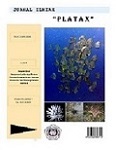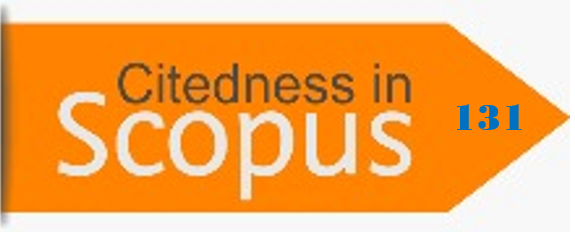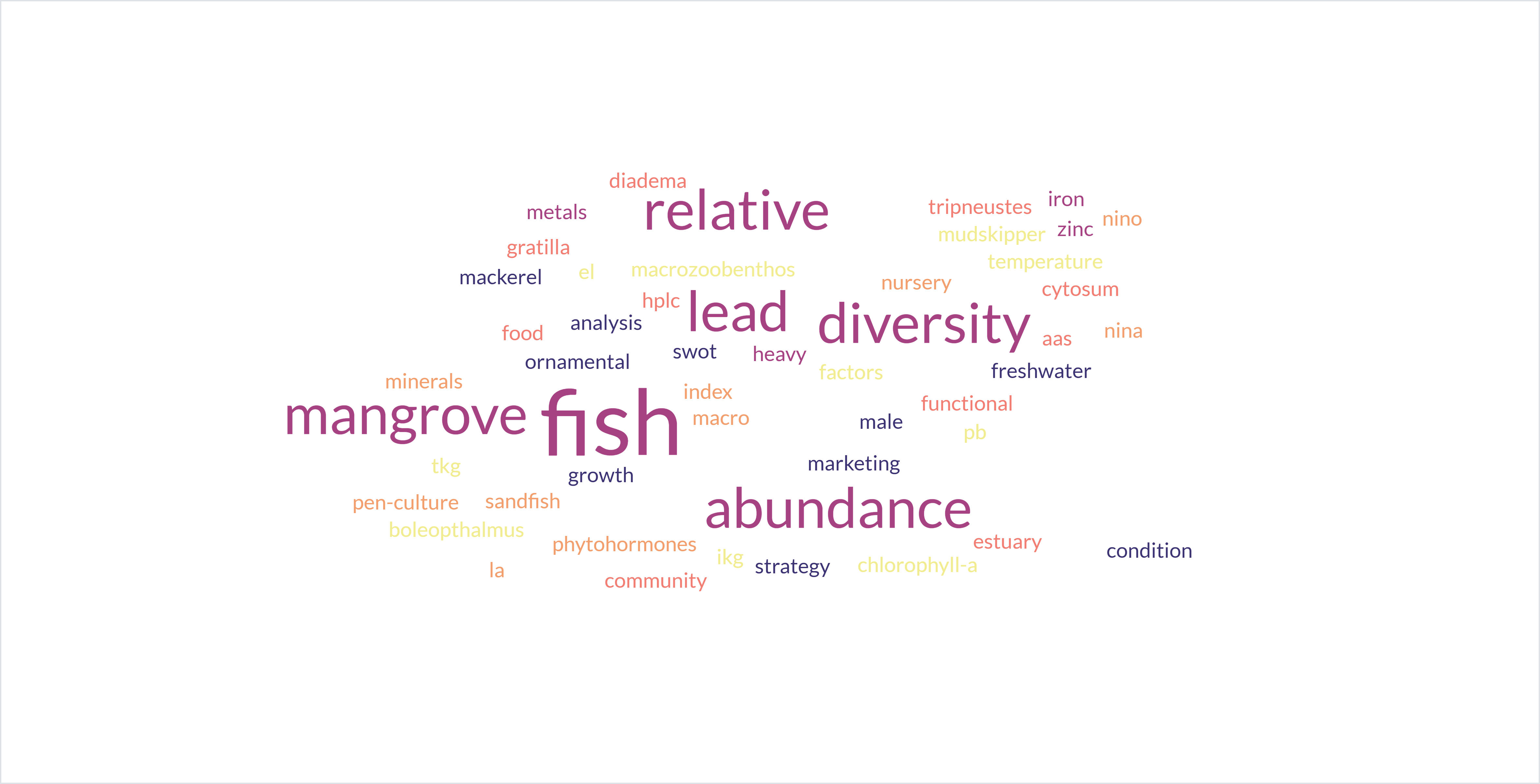Screening of the Proteolytic Bacteria Symbiont with Algae Gracillaria sp.
DOI:
https://doi.org/10.35800/jip.7.2.2019.24487Abstract
Marine algae are abundant natural resources in Indonesia but have not been optimally utilized. Utilization of seaweed is still limited as food ingredients such as Gracillaria sp. cultivated as an industrial export material. Algae Gracillaria sp. his life is symbiotic with a variety of types of bacteria. The aim of the study was to isolate and screening the protease activity of the symbionic bacteria of Gracillaria sp. This study succeeded in isolating 4 different bacteria based on morphological characteristics. The four isolates were S.G.,1, S.G.2, S.G.3 and S.G.,4. Isolate S.G. 1 had the ability to produce ptotease with a proteolytic index of 1.5.
Keywords : Gracilaria sp., Protease, Symbiont Bacteria
Â
ABSTRAK
Alga laut merupakan sumberdaya alam yang melimpah di Indonesia tetapi belum optimal dimanfaatkan oleh masyarakat. Pemanfaatan rumput laut masih terbatas sebagai bahan makanan seperti Gracillaria sp. dibudidayakan sebagai bahan ekspor industri karajinan. Alga Gracillaria sp. hidupnya bersimbion dengan beraneka ragam jenis bakteri. Tujuan penelitian adalah untuk mengisolasi dan menguji aktivitas protease bakteri simbion alga Gracillaria sp. Penelitian ini berhasil mengisolasi 4 bakteri yang berbeda berdasarkan karakteristik morfologi. Keempat bekteri tersebut adalah S.G., 1 S.G., 2 S.G., 3 dan S.G., 4 Isolat bakteri S.G., 1 memiliki kemampuan  menghasilkan ptotease dengan Indeks proteolitik sebesar 1,5.
Kata Kunci : Bakteri simbion, Gracillaria sp. protease
Downloads
Published
How to Cite
Issue
Section
License
COPYRIGHT
Authors who publish with this journal agree to the following terms:
Authors hold their copyright and grant this journal the privilege of first publication, with the work simultaneously licensed under a Creative Commons Attribution License that permits others to impart the work with an acknowledgment of the work's origin and initial publication by this journal.
Authors can enter into separate or additional contractual arrangements for the non-exclusive distribution of the journal's published version of the work (for example, post it to an institutional repository or publish it in a book), with an acknowledgment of its underlying publication in this journal.
Authors are permitted and encouraged to post their work online (for example, in institutional repositories or on their website) as it can lead to productive exchanges, as well as earlier and greater citation of the published work (See The Effect of Open Access).




















